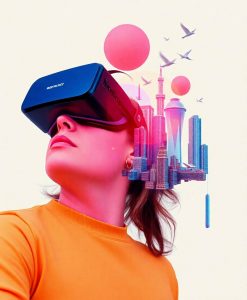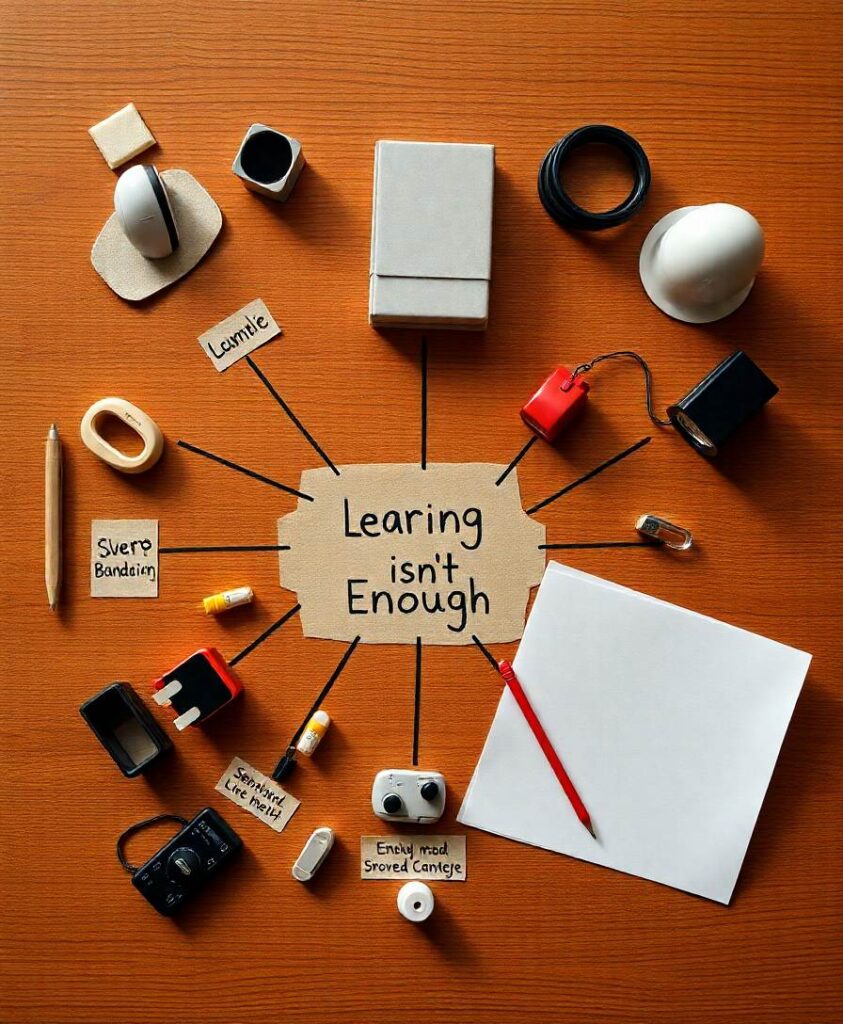If you’ve ever felt a sudden weakness or stiffness in your arm, especially after experiencing a stroke, you know how disorienting and frustrating it can be. The weight of your limb might feel unfamiliar, almost as if it’s disconnected from your brain’s commands. You might notice how everyday tasks like reaching for a glass or brushing your hair become slow, awkward motions. That sense of loss—of control and connection—can deepen the emotional toll of recovery.
Now, imagine stepping into a room where the boundaries of your physical limitations seem to fade. Virtual reality, or VR, offers a new way to approach stroke rehabilitation—an experience that can be both immersive and motivating. This technology isn’t just about gaming; it’s becoming a promising tool to help rebuild movement and strength in stroke survivors.
Many people searching for ways to regain arm movement after a stroke wonder about innovative therapies. Conventional physical therapy can be effective but often feels repetitive and discouraging, especially when progress is slow. VR-based training, on the other hand, can turn therapy into an engaging experience, encouraging more frequent and consistent practice.
**How Virtual Reality Supports Stroke Recovery**
VR therapy creates simulated environments where patients can perform arm movements in a safe, controlled setting. These digital worlds can range from virtual kitchens to parks, providing familiar or imaginative scenes that motivate users to reach, grasp, and move. Because the scenarios are interactive, they foster active engagement, which is crucial for neuroplasticity—the brain’s ability to rewire itself after injury.
One of the key advantages of virtual reality in stroke rehab is its potential to increase the volume of therapy. Many stroke survivors struggle with fatigue or transportation barriers that limit their access to frequent sessions. VR systems can be used at home, allowing for more consistent practice outside the clinic. This increased practice can make a meaningful difference in regaining arm function, even if the movements are initially small or hesitant.
Patients might notice that VR exercises feel more like a game than traditional therapy. This sense of play can help reduce frustration and foster a positive attitude toward recovery. When therapy becomes enjoyable, individuals are more likely to stick with it, gradually building strength and coordination over time.
**Is Virtual Reality Right for Every Stroke Survivor?**
While the promise of VR-assisted recovery is exciting, it’s important to recognize that each stroke case is unique. Factors like the extent of brain injury, physical ability, and personal motivation influence how effective VR therapy might be. Consulting with a healthcare provider specialized in stroke rehab can help determine if VR is a suitable addition to a recovery plan.

Looking ahead, ongoing research is exploring how virtual reality can complement traditional therapies, potentially opening new avenues for those who face barriers to conventional rehabilitation. The goal is to empower stroke survivors with tools that are accessible, engaging, and tailored to their individual journey back to movement.
If you or someone you care for is navigating the challenging path of stroke recovery, exploring virtual reality as part of a comprehensive rehabilitation plan might offer a new sense of hope. It’s not just about technology; it’s about transforming recovery into an experience where progress feels tangible and achievable.
Can virtual reality help stroke survivors regain arm movement?
Learn More: Virtual Reality Might Aid Stroke Recovery
Abstract: Virtual reality (VR) training might help stroke survivors regain their arm movement, a new evidence review says. The results indicate that VR could be a promising tool to boost rehab efforts, mainly by increasing the amount of therapy patients receive.
Link: Read Full Article (External Site)

